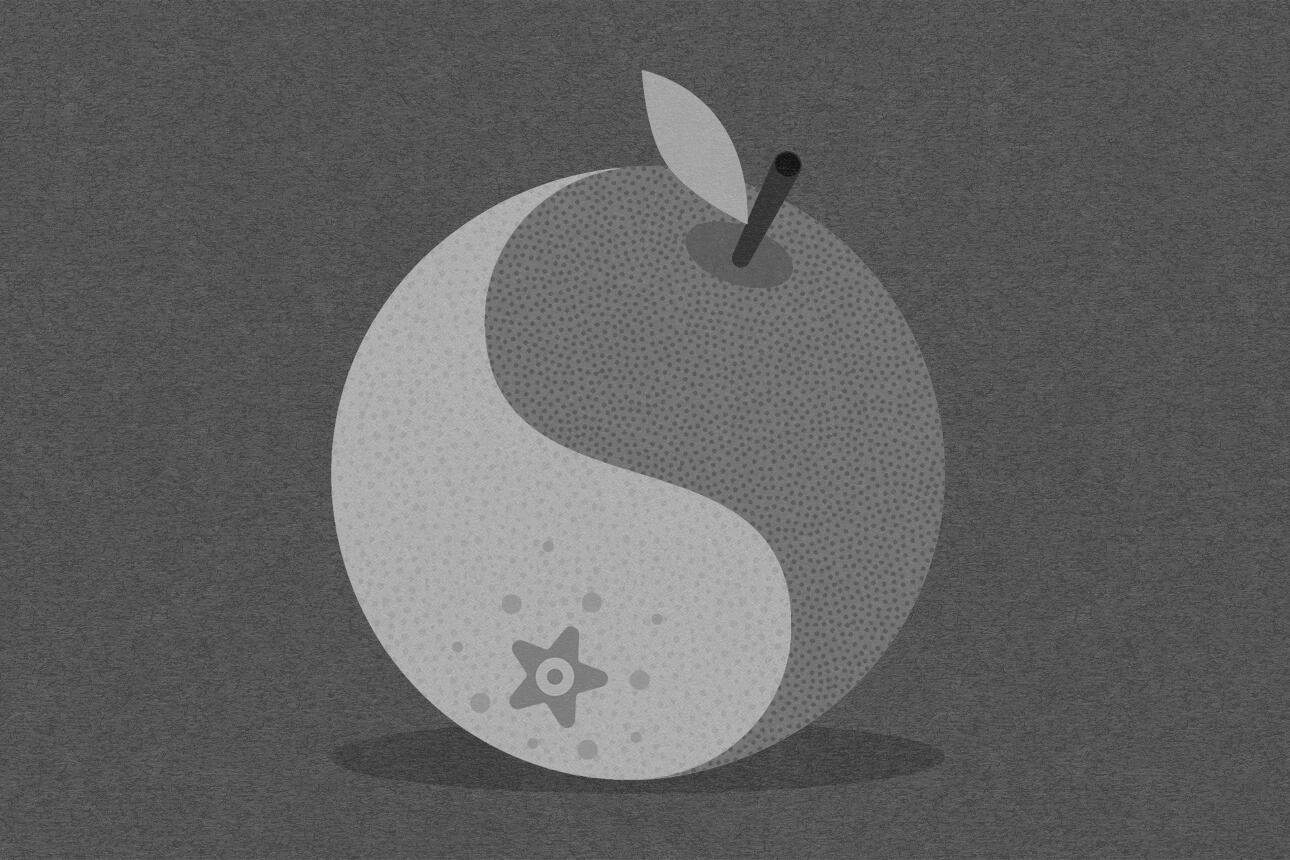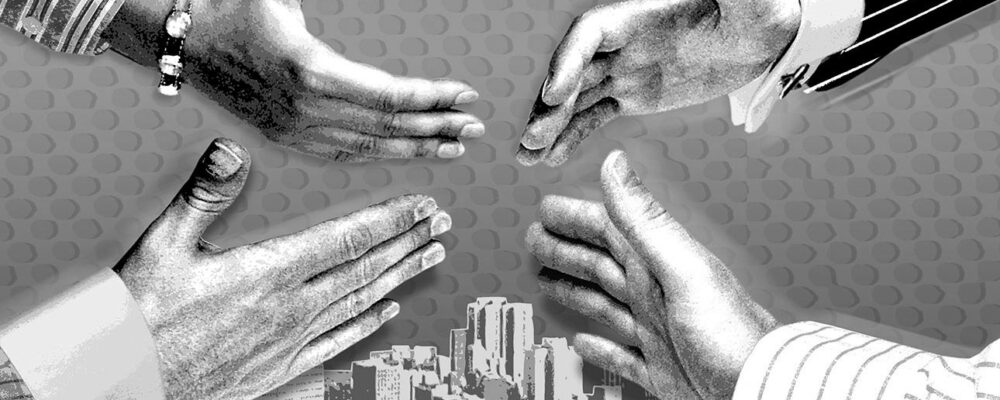Depending how it’s done, comparing oneself to colleagues can be either motivating or demoralizing. Consider these tips on making productive comparisons.
Carolyn Geason-Beissel/MIT SMR | Getty Images
As social animals, we constantly compare ourselves with other people. We compare our houses, our ideas, our successes. Naturally, the workplace is no exception to this pattern, and emerging research shows that these comparisons (even if they appear to be minor) can have real consequences for employees.
Specifically, comparisons have been linked with self-deflation, leading to outcomes such as gossip, contempt, hostility, turnover, and a lack of happiness. For example, one study revealed that managers often compare themselves with (and envy) their own employees, which can result in abusive supervision. But comparisons can also be beneficial; for instance, researchers found a 10.9% increase in productivity when coworkers could compare themselves with and learn from others. Other research has found that whether an employee helps or harms a colleague who experienced a positive workplace event depends on whether they felt inspired by or envious of the coworker.
Given the potential traps and possible upsides of comparisons, how can people better navigate social comparison in the workplace? Based on our review of 131 research articles on the topic and the broader scientific literature, we offer three suggestions to keep in mind when it comes to making self-comparisons at work.
Get Updates on Transformative Leadership
Evidence-based resources that can help you lead your team more effectively, delivered to your inbox monthly.
Please enter a valid email address
Thank you for signing up
1. Take time to not compare.
Occasionally assessing how we’re doing in relation to others is a fundamental way to develop and grow — but there should be limits. Constantly scrolling on LinkedIn, repeatedly checking Slack, and always trying to find out the latest buzz about who knows whom and who did what can fuel dissatisfaction and a sense of grievance. Indeed, the frequency of comparing oneself with others who are doing better is associated with higher levels of anxiety and depression. The term chronic comparisons describes the habit of constantly making comparisons, which can lead to a life of anxiety, judgmental thinking, and self-doubt. One study of over 7,000 individuals showed that a “comparison orientation” — having the tendency to make social comparisons more often — is related to negative feelings like irritability, nervousness, shame, and distress.
Here’s a general rule of thumb: You’re naturally getting enough comparisons at work, and you probably don’t need to add more.
Reprint #:
“The MIT Sloan Management Review is a research-based magazine and digital platform for business executives published at the MIT Sloan School of Management.”
Please visit the firm link to site






